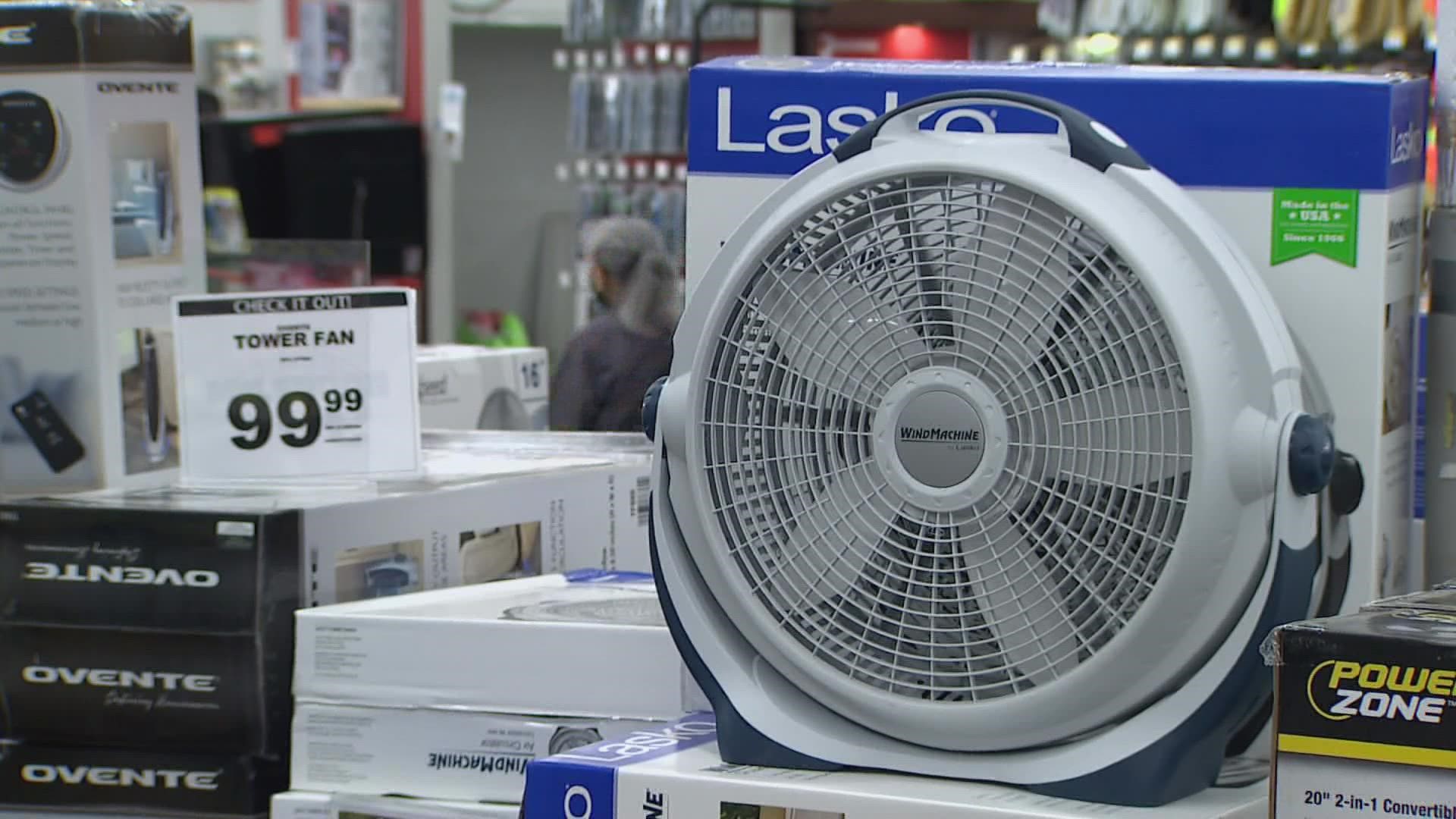SEATTLE — Washington State Climatologist Nick Bond, a scientist at the University of Washington, says the record-breaking heat plaguing parts of Europe has some parallels to what the Pacific Northwest faced in 2021.
"The U.K. is in many ways like west of the Cascades in the Pacific Northwest here," Bond said. "Not many residences at all have air conditioning, they're set up to kind of deal with gray, drippy, chilly winters rather than torrid summer temperatures."
Predictions about future heat waves don’t necessarily show them happening more frequently, but predictions do include a confluence of factors that would lead to more extreme heat waves when they do occur.
When it reaches 90 degrees in Seattle, that’s when emergency room visits start to rise and other hot weather impacts are felt more deeply, Bond said.
"It’ll be that much easier to get to 90 degrees," Bond said. "The real problem is when we have everything come together, it'll just be that much hotter than it is in the past."
Bond says it's important to plan with this knowledge in mind.
"We should not stick our heads in the sand and we can do something about this, especially to do what we can to help the most vulnerable parts of the population," Bond said.
Based on previous heat waves, Bond said future preparations could include sharing information about cooling options in more languages and enhancing access and transportation to relief from hot weather.
"We need to figure out how we can handle these events better so we can protect folks," Bond said. "And some of the people we should protect are outdoor workers, construction, agriculture and youth participating in outdoor sports."
Many cities are working to prepare for and mitigate the impacts of climate change, including Seattle.
Tuesday, Seattle City Council passed a resolution sponsored by Councilmembers Teresa Mosqueda and Dan Strauss outlining how it will include climate change responses into the next updates of the city's Comprehensive Plan.

